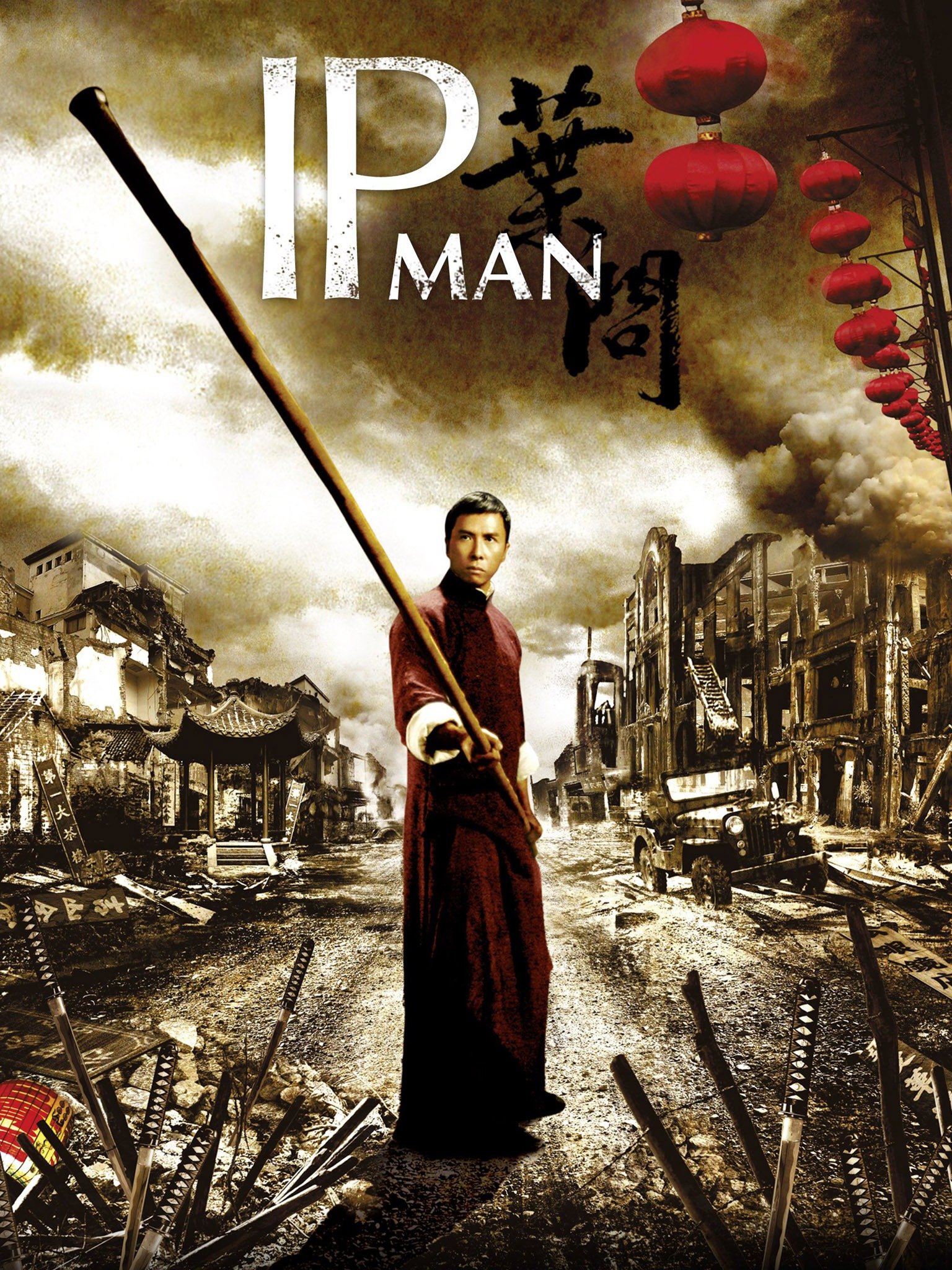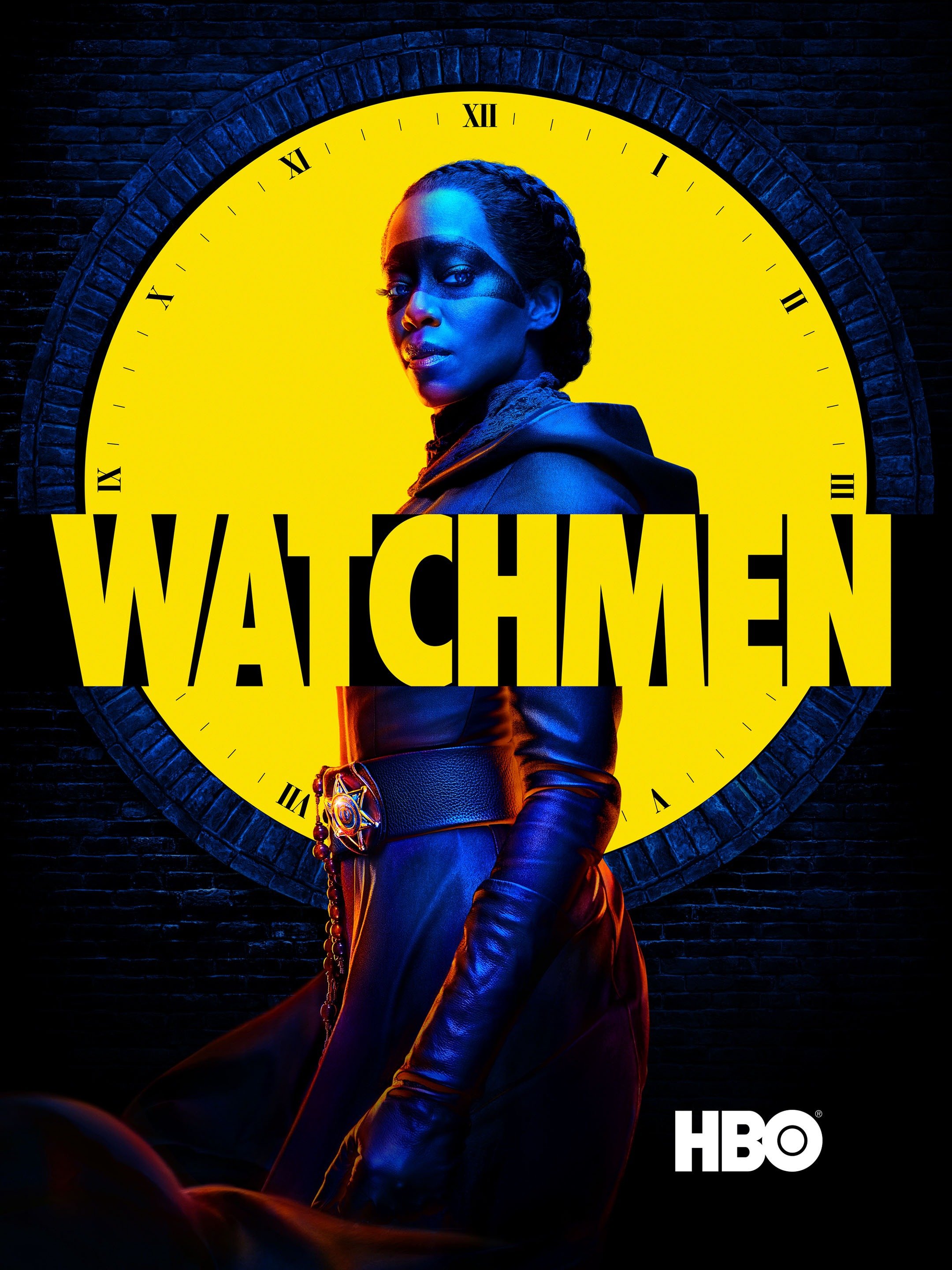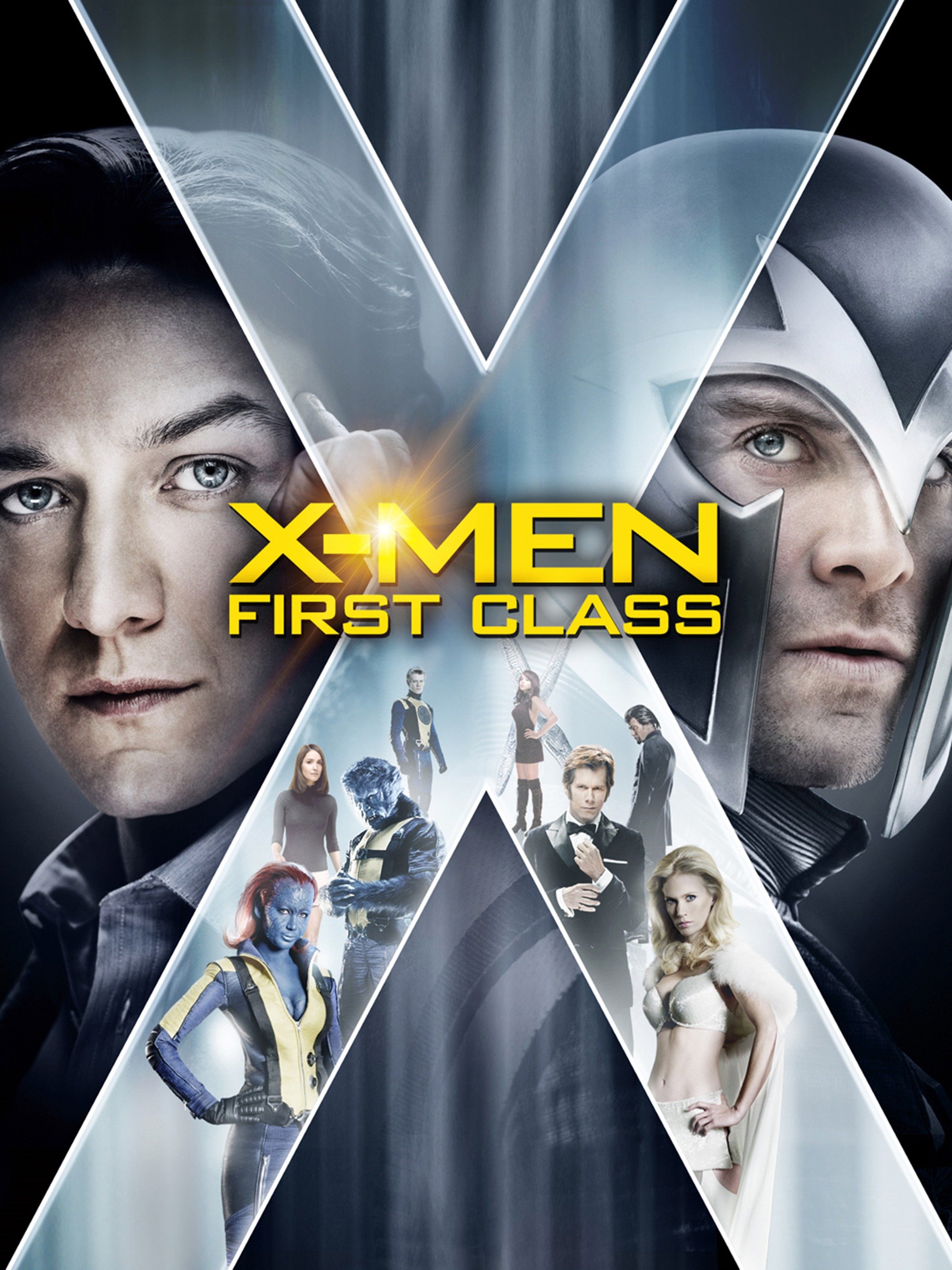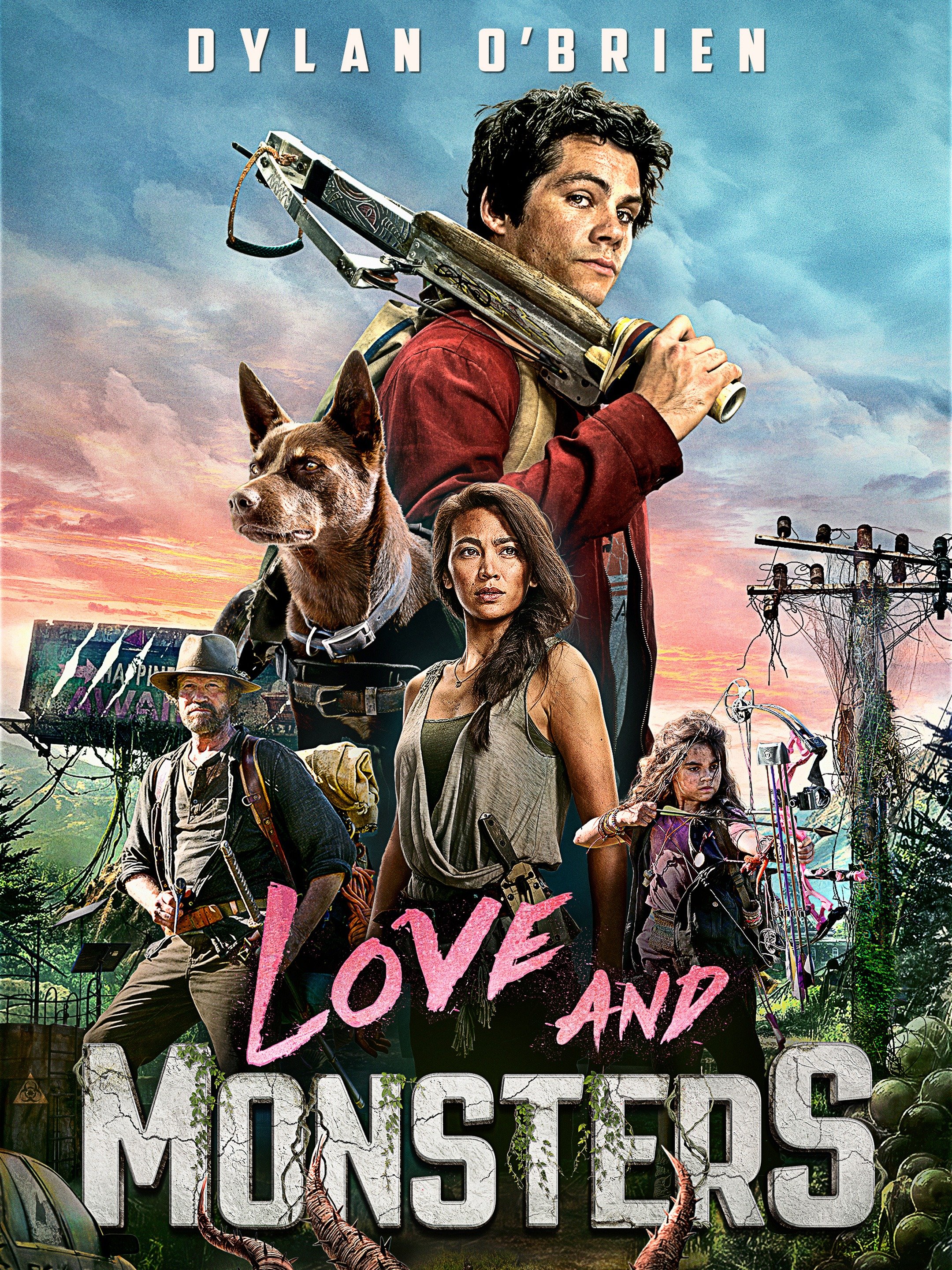


It’s not difficult to see the common thread that superhero and other franchise movies with woman and people of color as protagonists are regularly met by toxic trolling online.īut as the face of Captain Marvel, Larson has handled toxic responses to the film with grace and savvy.
ROTTEN TOMATOES WHAT MEN WANT HOW TO
Captain Marvel and Brie Larson have started to create a blueprint for how to handle toxic trolls for promoting women-only screenings of the film. And in between, in a case similar to Larson being debated as the right actress to play Captain Marvel, there were cries that Wonder Woman’s Gal Gadot was not curvy enough to play the hero, while some people got mad at Warner Bros.

In June 2018, actress Kelly Marie Tran, who is Vietnamese American and Star Wars’ first female lead of color, deleted her Instagram account after months of harassment from Star Wars “fans.”īefore Star Wars, there were online attacks on the 2016 all-female Ghostbusters remake. In 2017, so-called “fans” targeted Star Wars: The Last Jedi for not representing what Star Wars is “meant to be.” Many were upset that The Last Jedi and its predecessor, The Force Awakens, featured a powerful female protagonist who was seen as the last hope for the good guys.įurther, the current Star Wars cast is as racially diverse as it ever was, which also made the franchise a target of online trolling. Online targeting of Captain Marvel is just the latest example of a bigger problem. Efforts to denounce Captain Marvel are part of a bigger problem
ROTTEN TOMATOES WHAT MEN WANT MOVIE
And while Captain Marvel is not the first movie and Larson not the first actress to face the wrath of online trolls - nor will they be the last - they have made considerable progress in finding a better way to deal with them. Its projected opening weekend box office of over $100 million has also helped to drown out the voices of those who’ve suggested a woman-fronted film can’t succeed. Rotten Tomatoes’ policy change, along with Larson’s grace under fire and critical praise for the film, have greatly reduced its trolls’ ability to maintain a presence surrounding the movie. The move was a clear effort to cut down on users who abuse the privilege by posting fake negative reviews meant to bring down films like Captain Marvel and others with stars who are not white or male. It’s essentially become a knee-jerk response - to the point that Rotten Tomatoes announced in late February that it would tweak its user review feature in order to stop letting users post audience reviews prior to a movie’s release.

Movies like Black Panther and the 2016 all-women remake of Ghostbusters saw similar attacks (harassment of actors, fake negative reviews, etc.) too.Ī brief look at the movies that have been targeted by trolls in the last few years makes it easy to see that this kind of backlash consistently erupts when women and non-white characters are at the center of Marvel Studios superhero flicks or other cinematic franchises with long, less-diverse histories. Previously, trolls had mobilized online against Star Wars: The Last Jedi, harassing its cast and denouncing the movie for being too progressive. The focused backlash against Captain Marvel wasn’t a random occurrence. Larson didn’t back down, and during the press tour for the movie has spoken about how important feminism and diversity are to her, and how they are intrinsic to her character’s story. Although, to call their assessments “reviews” is generous, as they primarily complained about Larson for being sexist against men, expressing anger that seemed to stem from Larson being vocal about the lack of diversity in Hollywood and among film critics. In February, as Captain Marvel’s first pre-release screenings were held for press, the movie became the subject of several negative user reviews posted to the review aggregation website Rotten Tomatoes by people who hadn’t even seen it, blasting Larson’s performance and trashing the movie itself. Larson’s physique was called into question, as part of a debate over whether or not she was strong enough to play a hero who will be one of the strongest Avengers. After its first trailer was released in September, some “fans” of the character photoshopped smiles onto star Brie Larson’s promotional photos - essentially the digital version of the “smile more” catcall - because they thought the actress was stiff and wooden in the role. Despite the best efforts of a bad-faith and sexist smear campaign, Captain Marvel - Marvel Studios’ first solo superhero movie about a female superhero - is earning positive critical reviews, and made $153 million domestically/$455 million worldwide in its opening weekend at the box office.įor months, the film has been targeted by trolls.


 0 kommentar(er)
0 kommentar(er)
